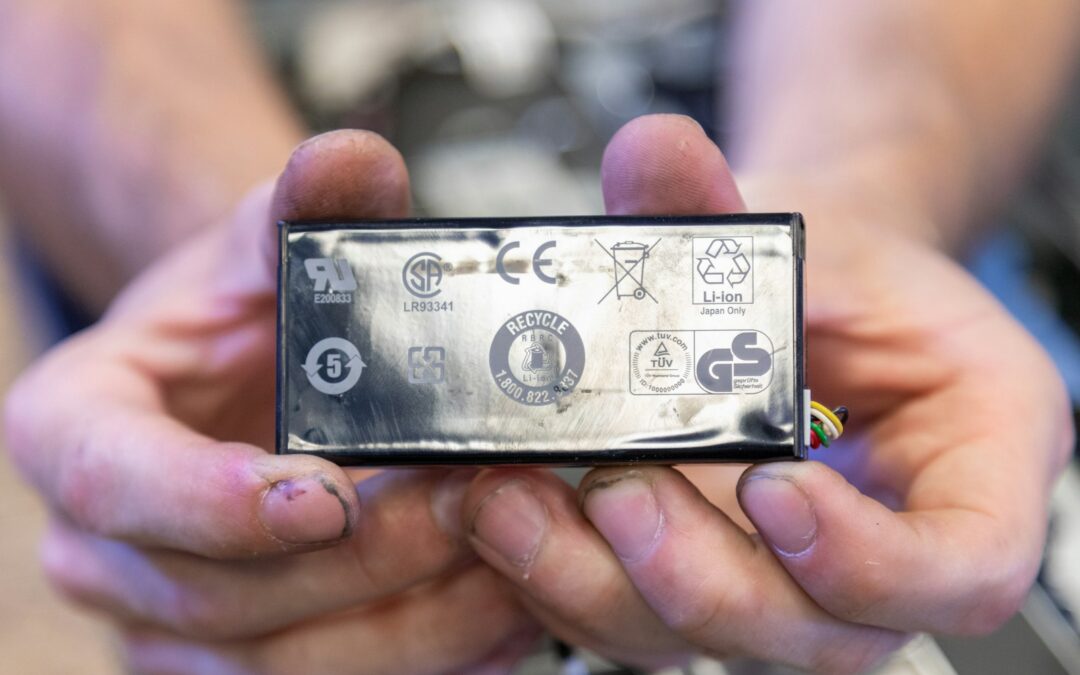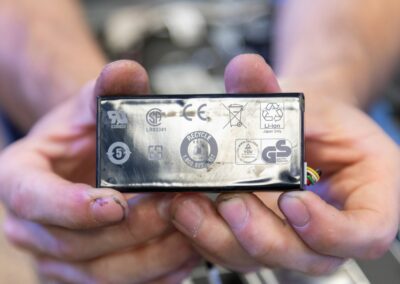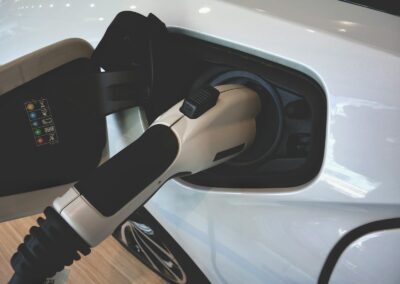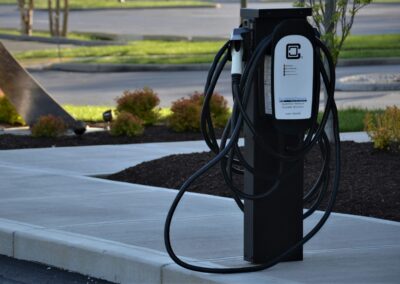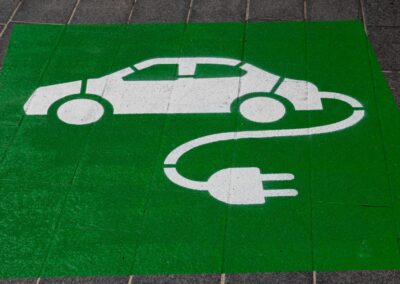Sustainable Solutions for Saudi Arabia and the UAE
Innovations in battery recycling and reuse present a critical opportunity to mitigate these concerns, particularly in regions like Saudi Arabia and the UAE, where sustainability is a key component of national strategies such as Saudi Vision 2030 and UAE Vision 2021. By implementing advanced recycling and reuse technologies, cities like Riyadh and Dubai can enhance their commitment to environmental stewardship while promoting sustainable transportation solutions.
The environmental impact of improperly disposed EV batteries is significant. Traditional batteries contain hazardous materials such as lithium, cobalt, and nickel, which can lead to soil and water contamination if not properly managed. Moreover, the growing volume of used batteries poses a substantial waste management challenge. Addressing these issues requires a comprehensive approach that encompasses not only the recycling of battery materials but also the innovative reuse of battery components to extend their lifecycle and reduce waste.
Innovations in battery recycling aim to recover valuable materials from used batteries through processes such as hydrometallurgy and pyrometallurgy. These techniques involve the use of chemical reactions and high temperatures to extract metals from spent batteries, which can then be reused in the production of new batteries. This not only reduces the demand for virgin materials but also minimizes the environmental footprint of battery manufacturing. For business executives and entrepreneurs in Saudi Arabia and the UAE, investing in advanced battery recycling technologies represents a strategic move towards a circular economy and long-term sustainability.
Revolutionizing Battery Reuse for Extended Lifecycle
In addition to recycling, innovations in battery reuse offer promising solutions for extending the lifecycle of EV batteries. Second-life applications involve repurposing used EV batteries for alternative energy storage needs, such as grid storage, renewable energy integration, and backup power systems. These applications leverage the remaining capacity of used batteries, providing an efficient and cost-effective means of managing energy resources while reducing waste.
For example, used EV batteries can be employed in solar power storage systems, where they store excess energy generated during the day for use at night. This not only enhances the efficiency of solar power systems but also contributes to the stability of the power grid. In urban areas like Riyadh and Dubai, where renewable energy projects are rapidly expanding, integrating second-life batteries into the energy infrastructure can significantly bolster sustainability efforts.
Moreover, battery reuse initiatives can support the development of decentralized energy systems, which are crucial for enhancing energy resilience and security. By repurposing used batteries for local energy storage, communities can reduce their dependence on centralized power sources and improve their ability to manage energy demand. This approach aligns with the goals of both Saudi Vision 2030 and UAE Vision 2021, which emphasize the importance of renewable energy and sustainable development in driving future economic growth.
Strategic Leadership and Change Management in Battery Recycling and Reuse
The successful implementation of battery recycling and reuse initiatives requires effective change management and strategic leadership. Business leaders and mid-level managers must navigate the complexities of adopting new technologies and practices, ensuring that their organizations are well-equipped to harness the benefits. Executive coaching services can provide the necessary support, helping leaders develop the skills and strategies needed to manage change effectively and drive innovation within their organizations.
Effective communication is crucial during this transition. Leaders must clearly articulate the benefits of battery recycling and reuse to all stakeholders, including employees, investors, and customers. This involves not only explaining the technical advantages but also highlighting the long-term economic and environmental benefits. By fostering a culture of innovation and sustainability, leaders can ensure that the adoption of these technologies is embraced and supported throughout the organization. This approach can help mitigate resistance to change and ensure a smooth and successful implementation.
Management consulting firms can play a pivotal role in this transition by providing expert guidance and support. Consultants with expertise in battery technology and environmental sustainability can offer insights into the technical and operational aspects of integrating recycling and reuse practices into business operations. This includes conducting feasibility studies, developing implementation plans, and ensuring compliance with regulatory requirements. By leveraging the expertise of management consultants, businesses can navigate the challenges of adopting new technology and maximize the benefits of battery recycling and reuse innovations.
#BatteryRecycling #BatteryReuse #EVBatteryDisposal #EnvironmentalSustainability #ElectricVehicles #SaudiVision2030 #UAEVision2021 #LeadershipInAutomotive #AI #Blockchain #Metaverse #ManagementConsulting

